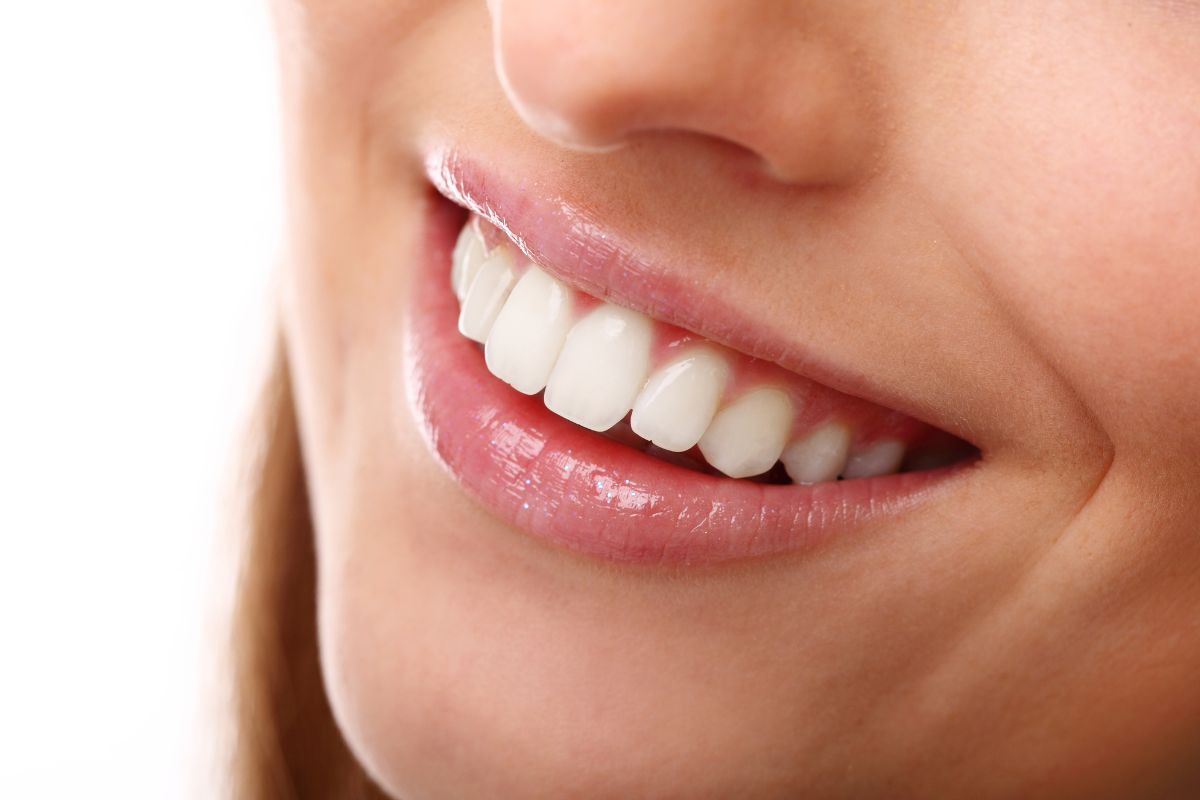Keeping your teeth clean is about more than just sporting a pearly white smile; it’s a crucial element of overall health. The state of your oral health can offer clues about your body’s health and problems in your mouth can affect the rest of your body. Understanding how clean teeth contribute to overall health can motivate you to maintain a rigorous oral hygiene routine.
Table of Contents
The Link Between Oral Health and Overall Health
Your mouth, being the entry point to your digestive and respiratory tracts, contains bacteria — mostly harmless. However, without proper oral hygiene, bacteria can reach levels that might lead to oral infections, such as tooth decay and gum disease. For example, regular visits to a dentist in Campsie can help manage these bacteria, reducing the risk of serious health issues.

Preventing Diseases Through Oral Care
Good dental care — brushing, flossing, and regular dental checkups — significantly reduces the risk of chronic illnesses. Here are some of the ways clean teeth can lead to a healthier you:
Heart Disease
There is evidence to suggest that cardiovascular disease, clogged arteries, and stroke might be linked to the inflammation and infections that oral bacteria can cause. Periodontitis, a severe gum disease, has been associated with heart disease. Bacteria from your mouth can enter the bloodstream and attach to certain areas in the heart, causing endocarditis, which is an infection of the inner lining of the heart.
Diabetes
People with diabetes are more susceptible to periodontal disease, which in turn can make diabetes more difficult to control. The relationship is reciprocal as the inflammation of the gum tissue and the presence of oral bacteria can increase blood sugar contributing to prolonged periods of high blood sugar levels.
Respiratory Conditions
Poor oral health may affect the lungs, especially in those who have periodontal disease. Bacteria in the mouth can be breathed into the lungs, leading to respiratory diseases such as pneumonia, especially in older adults or those with weakened immune systems.
Maintaining Oral Health

Achieving and maintaining clean teeth isn’t just about brushing daily; it encompasses a variety of practices that together thwart disease and promote overall health. Here are actionable steps to keep your oral hygiene in top shape:
Daily Dental Care Routine
- Brush at Least Twice a Day: Use fluoride toothpaste and a soft-bristled brush. Ensure to brush for at least two minutes.
- Floss Daily: It removes plaque and food particles between the teeth and under the gum line that a toothbrush can’t reach.
- Use Mouthwash: It can help reduce plaque and can remove remaining food particles that brushing and flossing missed.
Professional Dental Care
- Regular Dental Checkups: Visiting your dentist at least twice a year for cleanings and examinations can prevent any dental issues and keep your teeth and gums healthy.
- Follow Professional Advice: Your dentist might recommend treatments or products like a specific toothbrush, fluoride treatments, or dental sealants.
Diet and Oral Health
- Eat Nutrient-Rich Foods: Diets high in fruits, vegetables, dairy products, and nuts not only contribute to good health but also aid in the protection of your teeth by replenishing calcium and other minerals your teeth might be lacking, helping to fight bacteria and inflammation.
- Limit Sugary Foods and Beverages: Sugar converts into acid in the mouth, which can then erode the enamel of your teeth and lead to cavities.
Understanding the substantial impact of oral health on overall well-being can elevate the importance of maintaining clean teeth. It’s not just about avoiding cavities; it’s about sustaining your quality of life. Engaging in proper dental care protects more than just your smile—it can profoundly influence your systemic health, proving that a clean mouth is indeed a gateway to a healthier you.
















